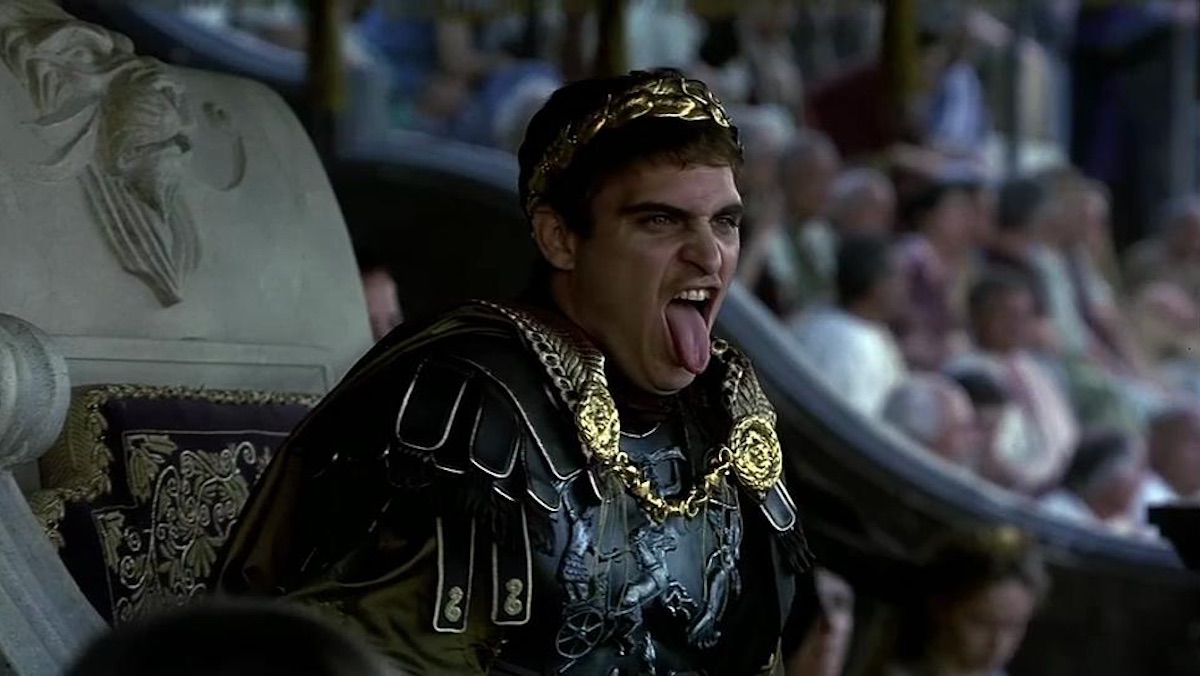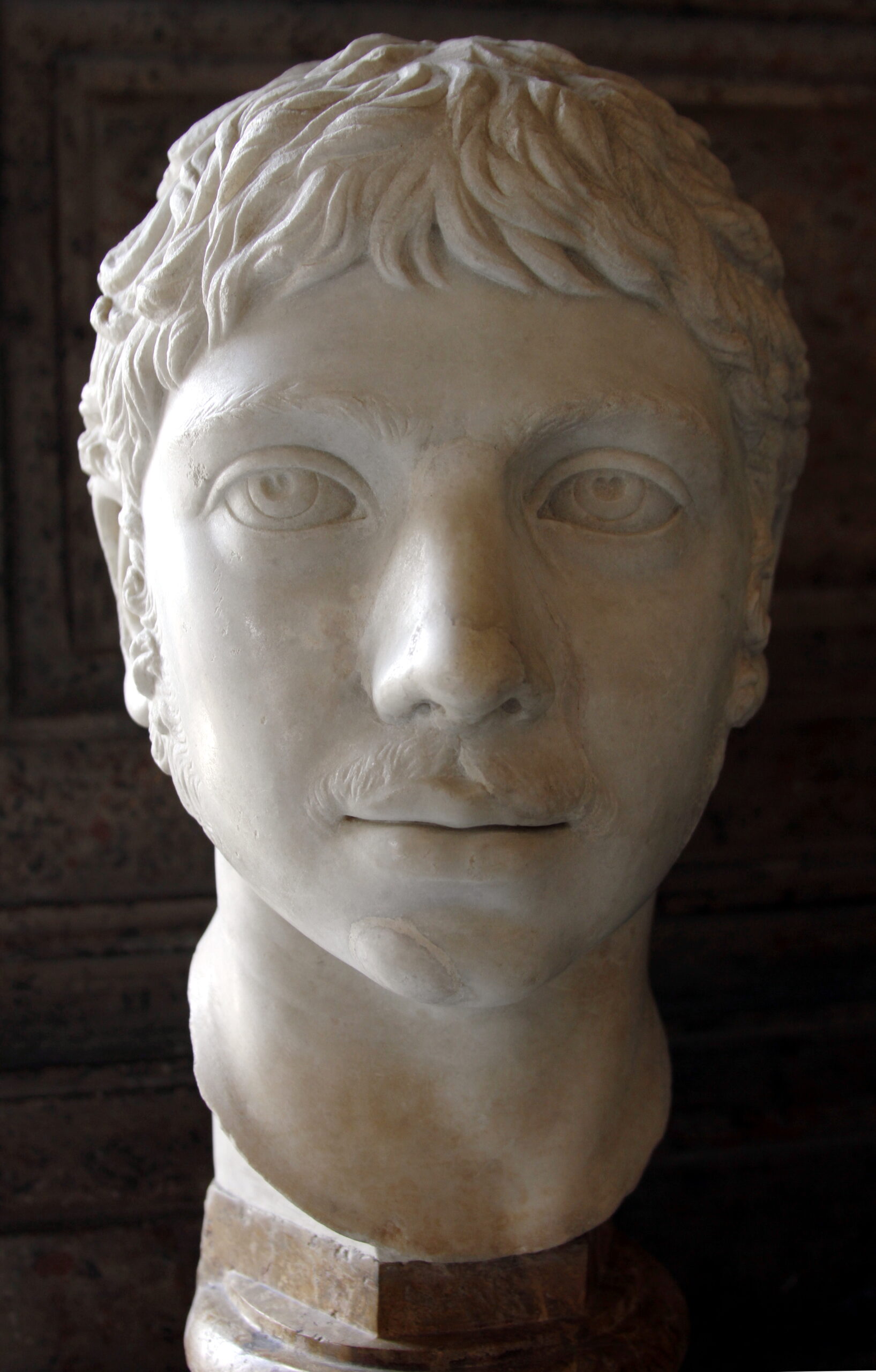Commodus, the infamous Roman Emperor who governed from 180 to 192 CE, was a man of extravagance, cruelty, and eccentricity. Known for his affinity for the gladiatorial games, Commodus distinguished himself from other emperors by engaging in these brutal spectacles himself. Although he was not a very skilled fighter and was not particularly athletic, this did not stop him from participating.
Moreover, Commodus showed a distinct preference for weak or disabled opponents, or he would even order the execution of animals in the arena to make himself appear more heroic. In contrast to the usual gladiatorial combat, which was renowned for its brutality and bloodshed, Commodus’s participations in the games sparked mixed reactions from the public. While some applauded his manly displays, others saw this as an insult to the very essence of gladiatorial games, which were intended to be violent and bloody.
Regardless of the reactions, Commodus enjoyed a tremendous popularity among the Roman crowds throughout his reign. He was convinced that he was the embodiment of the mythological hero, Hercules. In fact, this belief led him to rename Rome as “Commodiana” to honor himself.
However, Commodus’s obsession with the games ultimately led to his demise. His fixation on these spectacles led to an increase in both their frequency and brutality. This, in turn, sparked unrest and opposition within the higher ranks of the Roman government. His behavior became increasingly erratic, and it was rumored that he was starting to view himself as a divine figure.
Commodus’s downfall came in 192 CE when he was assassinated by his own wrestling partner, Narcissus. The assault took place in the Emperor’s own private chambers, and it is rumored that Commodus’s lover, Marcia, also played a role in his death.
In the aftermath, the Roman Empire was plunged into chaos as Commodus’s heir, Septimius Severus, struggled to consolidate his power. The legacy of Commodus was one of excess, cruelty, and extravagance, signifying a troubling shift away from the traditional values that had once underpinned Roman society. Nonetheless, the memory of the Mad Emperor would continue to linger, even as the Empire he left behind started to succumb to the pressures of external and internal strife.
image sources
- Commodus-Gladiator-1: https://legendary-digital-network-assets.s3.amazonaws.com/wp-content/uploads/2021/05/12230501/Commodus-Gladiator-1.jpg



